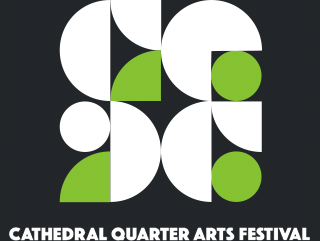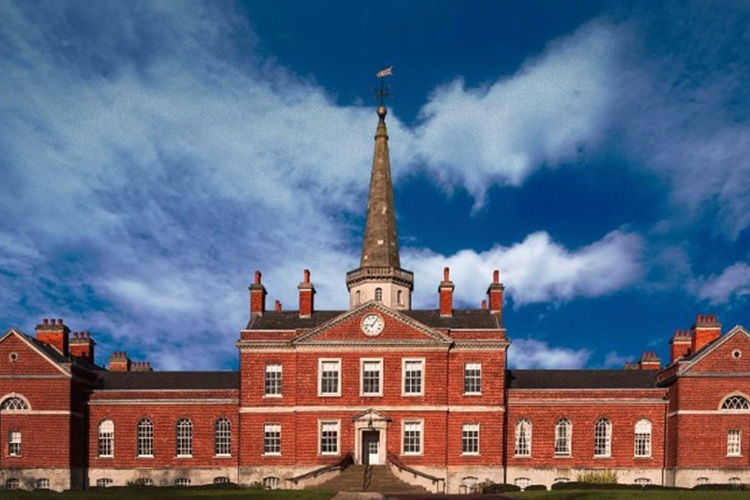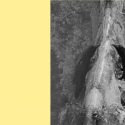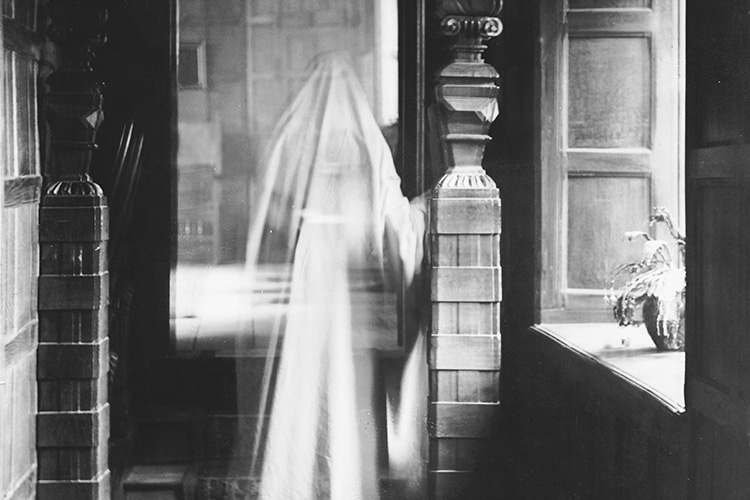There is something almost excruciating about the places in between. The feeling of falling, a reassertion of gravity as one step leads to another, but just before the foot lands. The purgatory between borders, before clarity becomes whole.
Still Life, Carson McHone’s third album and first release with Merge Records, quivers like a tightrope, with songs about existing within such tension and surviving beyond the breaking point. These are stories of sabotage, confusion, and surrender. The album is a testament to the effort of reaching, sometimes flailing, for understanding and for balance. Still Life invites us to gasp at our own reflection, while acknowledging the unsettling beauty in this breath.
McHone’s 2018 internationally released Carousel was a reimagining of songs from her formative years coming of age playing in Texas bars. It established her as a shrewd artist who raises unconventional questions with language equally at home in a short story or a poem. Still Life addresses a broader picture. It is thematically more refined and yet more daring. McHone’s voice remains front and center, but it’s richer, darker. Wielded more than woven. A gorgeously wrought instrument for pushing meaning forward.
The songs of Still Life were written in quiet moments between tours and recorded away from Texas in Ontario with Canadian musician and producer, Daniel Romano. Together in a home studio they cut almost the entire record themselves, calling on two friends, the versatile Mark Lalama on accordion, piano, and organ, and David Nardi with some savvy saxophone to round it out. The phrasing and tones recall the late 60’s and early 70’s, another era of transition and innovation (think John Cale, The Kinks, Richard and Linda Thompson).
This first time collaboration brings a compelling dynamic. The musical punctuation is intricate, erratic, and at times even playful. The arrangements provide texture to the landscape of the songs while sustaining the underlying thematic tension.
The album opens with “Hawks Don’t Share” a literary allusion to the creative sabotage that often confronts artistic alliance. A pair of sparring electric guitars sets the scene, mirrored in the line, We’re both boxers babe/ we don’t make love. Bright horns pop between phrases overtop a tight rhythm section. A jangly twelve string leads us into a driving chorus with big vocal harmonies and layered synth. The title track plays out an anguished spiraling. Right at the point where language fails, the vocals break away into fuzz guitar and violent, incessant piano, as if the turmoil can only be expressed by music.
In “Sweet Magnolia” the strings, horns, and piano create a perfect orbit for the mannered intensity of a song that soars but is essentially spoken. “End of the World” builds with dark and dissonant violins over a repetitive major guitar progression leaving us hanging on its final line, tell me what do you know of restraint?
The punchy sax and tumbling toms of “Only Lovers” play into the ruse of pretending you haven’t already fallen when you have. The background vocals are like a playground taunt. “Someone Else” cuts right to the punch. I’m caught between the two/ sweet despair and hope renewed/ say it ain’t profound babe. The lyrics are wry and the vocals perfectly nail the attitude. The rollicking organ and the hammering piano conspire to bust down the door and pull us along.
There are raucous and light hearted moments but ultimately this album is concerned with serious themes. More than timeless, this record is timely, inherently modern, immediate. The final song, “Tried”, acts as a kind of eulogy for the spaces these songs embody. The bardo one must emerge from. The album challenges us to take responsibility for what we experience and how we negotiate gravity moving forward. Still Life summons us to the present in all its complexity, daring us to join in the deliberation. Here is an exposé of conscience, and a confirmation of the inherently hopeful act of creation.
Doors 7.30pm | Unreserved seating



























